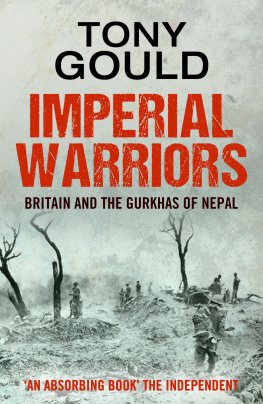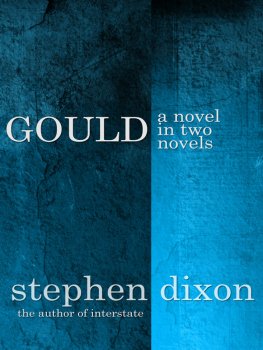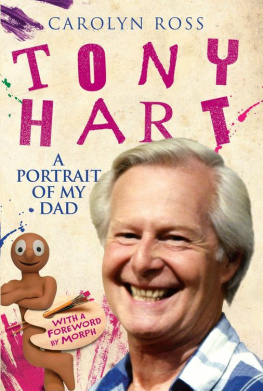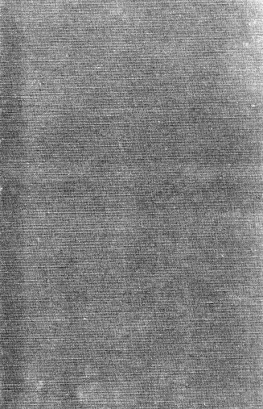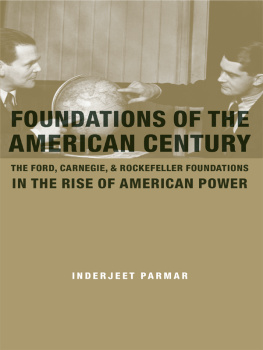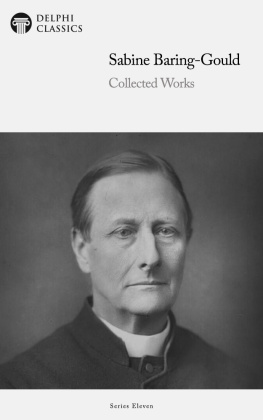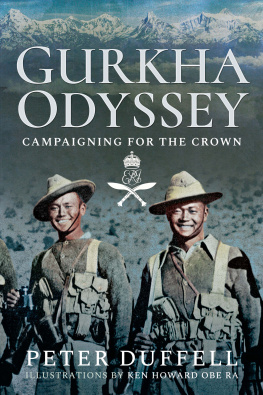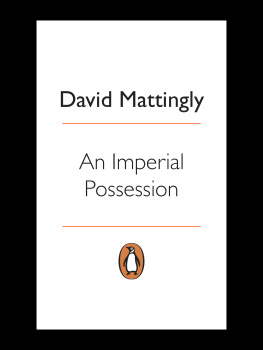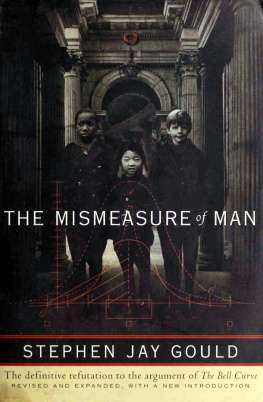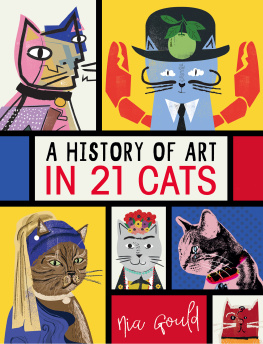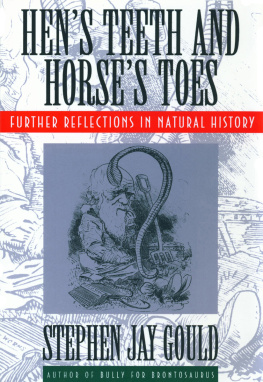Acknowledgements
My thanks go to Neil Belton of Granta Books for suggesting that I write this book and then, some years on, justifying his formidable reputation as an editor by reading the finished (as I thought) manuscript with a critical but constructive eye.
I am grateful, not for the first time, to Mark Le Fanu and the Society of Authors for the award of a generous travel grant from the Authors Foundation which enabled me to spend six weeks in Nepal at the beginning of 1997, and to my old friend Ewan MacLeod for dropping everything and accompanying me there for the first three weeks.
In Nepal, several serving and retired officers of the Brigade of Gurkhas helped to smooth my way, in particular Lt-Col. Nigel Mossop, Lt-Col. Nigel Wylie-Carrick and Capt. Gavin Maude, Robin Marston and Kit Spencer of the Summit Hotel and Summit Trekking respectively, Maniprasad Rai (and his wife Mishra, who remembered my taste for tiny dried fishes) and Chandra Pradhan, who gave me a remarkably dispassionate first-hand account of the unfortunate Hawaii incident (in our old battalion) considering that he was a victim of it in more ways than one.
But my largest debt in Nepal is to Lt-Col. John Cross, with whom I was able to pick up where we left off nearly forty years before and resume a friendship and dialogue which has been a continuing delight. John not only gave me the benefit of his long and close relationship with Gurkhas; he also furnished me with introductions to a select group of Kathmandu intellectuals, his old colleagues at Tribhuvan Universitys Centre for Nepal and Asian Studies (CNAS). My thanks to Ananda Shrestha, Dhruba Kumar, Prayag Raj Sharma, Sridhar Khatri, Nirmalman Tuladhar and Abhi Subedi, all of whom visited me at the Summit Hotel, some more than once, and helped in various ways to broaden my knowledge of Nepal and its politics and history.
At the Queen Elizabeth barracks in Church Crookham, I was helped by Lt-Col. Mike Barrett, Lt. (QGO) Khembahadur Thapa and Sapper Ratnakumar Limbu as I explain at the beginning of the last chapter of this book. At the Gurkha Museum in Winchester, Brigadier Christopher Bullock and his staff and volunteers welcomed me and gave me the run of the archives. Particular thanks to Christopher himself, who kindly read and commented on my manuscript, answered many queries on the phone or face to face, took me out to lunch on more than one occasion and allowed me to interview him at length. I am also grateful to the museums archivist Gavin Edgerley-Harris and the Tuesday group of volunteers, Maurice Biggs, Mike Broadway, Gavin Jenks and Dulcie Westlake, not forgetting such ever-present stalwarts as Kamal Bahadur Purja and his buwa , John Craig, all of whom made my frequent visits to the Gurkha Museum a habit I found hard to break. My thanks, too, to Piers and Maggie Burton-Page for putting their country cottage at my disposal for the period when I was researching there.
The 10th Gurkha Rifles archivist, David Harding, also read and commented meticulously on my manuscript and provided me with several books and documents, while his friend, the ex-CO of the 6th Gurkhas, Lt-Col. Nigel Collett, whom I was fortunate enough to meet in Kathmandu just before I left Nepal, was another extremely valuable source of information.
The staffs at the British Library, Oriental and India Office Collections, at the Public Record Office, at the London Library, at the School of Oriental and African Studies Library and at the National Army Museum (where Clare Wright went to great lengths to help) all contributed in various ways to this book. At the National Army Museum, too, I was lucky enough to meet a visiting Indian, the retired Lt-Gen. S. L. Menezes, author of a recent book on the Indian Army, who enlightened me about many things, particularly Indian attitudes at the time of Partition, and introduced me to another retired Indian Army officer, Colonel Satinder Coomar (Eno) Singha, with vivid memories of that time.
Chekhov famously remarked that if you want something done, ask a busy man. The Colonel Commandant of the Brigade of Gurkhas, General Sir Sam Cowan, is a very busy man but he still found time to talk and correspond with me about the role of Gurkhas in the modern British Army.
Several other individuals helped and entertained me in my quest for information: Roger Garside, Yubaraj Ghimire, Major Yambahadur Gurung, Colonel David Hayes, Phill Henderson, Lt-Col. Tony Mains, Jumbo Oliphant, Carl and Babs Rogers, Ken, Alison, Jane and Kate Ross, the late Brigadier Birdie Smith and my old company commander, Brigadier Lofty Whitehead.
My debt to my wife Jenny constant companion and first critic is immeasurable.
List of Abbreviations
BOBritish officer
CGSChief of the General Staff
CIGSChief of the Imperial General Staff
COSChief of Staff
CTCommunist Terrorist
DCMDistinguished Conduct Medal
GCOGurkha Commissioned Officer
GOGurkha officer
GOCGeneral Officer Commanding
GRGurkha Rifles
HMGHis/Her Majestys Government
INAIndian National Army
IOMIndian Order of Merit
JIFJapanese Inspired Fifth-columnists/ Japanese Indian Forces
MCPMalayan Communist Party
MGBGMajor-General Brigade of Gurkhas
MRLAMalayan Races Liberation Party
NCONon-commissioned officer
QGOQueens Gurkha Officer
RAMCRoyal Army Medical Corps
RMARoyal Military Academy, Sandhurst
RSMRegimental Sergeant Major
VCOViceroys Commissioned Officer
WOWarrant officer
Introduction
The Gurkhas legendary prowess with the curved knife which is his trademark weapon is celebrated in a wartime joke. Locked in close combat with a large German, a Gurkha takes a swipe at him with his kukri. The German says, Ha, missed! To which the Gurkha replies, Shake your head.
About Gurkhas, as about Cossacks, myths and legends abound. The kukri is a rich source of mythology: sometimes it is represented as a kind of boomerang; at other times it is said that it cannot be drawn from its scabbard without blood being shed. Neither is true. The kukri is an all-purpose implement which functions more often as a kind of billhook than as a lethal weapon.
At this level, myths are plain falsehoods; but at another level, exemplified in the Shake your head joke, they are more like supertruths, permissible exaggerations of real and defining qualities. They perform a vital function in military lore, establishing the fearsome reputation of in this case the Gurkhas for hand-to-hand fighting.
Regimental histories are simultaneously records of fact and repositories of myth, since they are both the regiments collective memory and its inspiration. Without pride in its particular achievements its battle honours and its feats of individual heroism a regiment is nothing; tradition and customs (what the Gurkhas call kaida ) are what make each regiment, even each battalion, special. To outsiders they may be as alike as two pins, but to themselves they are utterly unique. A spirit of (mostly friendly) competition enhances the performance of a military unit; in attempting to outclass one another, all battalions more nearly approach a peak of perfection.

